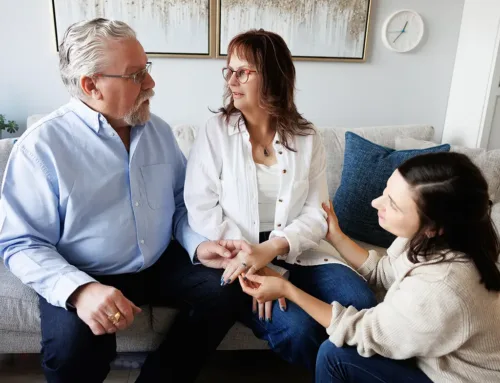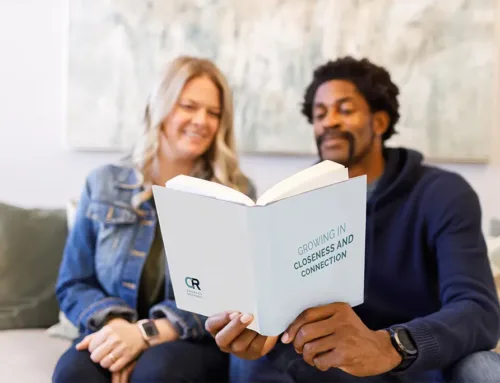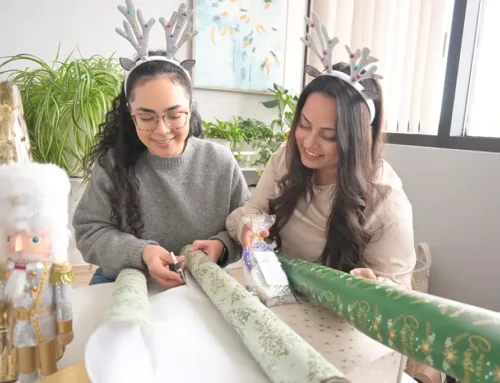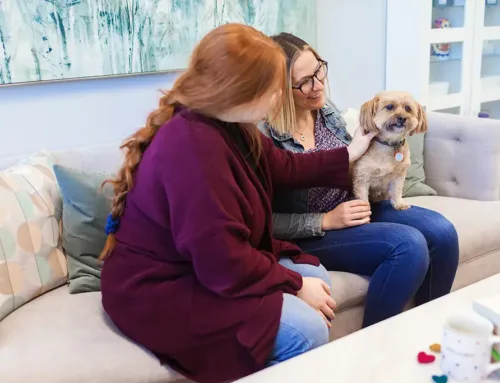A messy situation can turn into a success
Every relationship has its ups and downs, but how you repair after the downs truly matters.
We all have conflicts in life here and there: internal, external, and inter-relational. Conflict is unavoidable. It’s a natural part of any relationship, but it doesn’t have to tear you apart. In fact, with Emotionally Focused Therapy (EFT), conflict can be transformed into a powerful opportunity for growth and connection.
EFT teaches couples the art of emotional repair, turning conflicts into opportunities for deeper understanding.
What is emotional repair?
Emotional repair is the process of healing after a disagreement. It’s more than just apologizing; it’s about truly understanding each other’s feelings, acknowledging the hurt, and rebuilding trust. EFT helps couples navigate this process, ensuring that both partners feel heard, valued, and connected.
Practicing emotional repair in 5 steps
Take a moment to cool down before trying to resolve the issue. This helps prevent things from escalating further.
Bonus tip: when our emotions are running high, hearing “calm down” rarely helps us to feel calmer. Instead, remember that you don’t have to respond instantly.
Share your true feelings with your partner—be vulnerable and honest. Offer each other a safe space for vulnerability. This is key to fostering empathy and understanding.
3. Acknowledge each other.
Validate your partner’s feelings, even if you don’t fully agree. You don’t need to completely agree with your partner’s feelings—they are their feelings, felt from their perspective, not yours.
Acknowledging your partner’s feelings is about recognizing their experience, listening to try to understand their feelings, and showing that you care about them and how they feel.
Take small, consistent steps to show your commitment to each other and the relationship. Trust is rebuilt through action.
Just like love.
Learn from the conflict and create healthier ways to communicate and interact in the future.
Every relationship requires regular repair. The better you become at repairing (when despite your best efforts, you mess up) the closer, more connected you and your partner will grow.










